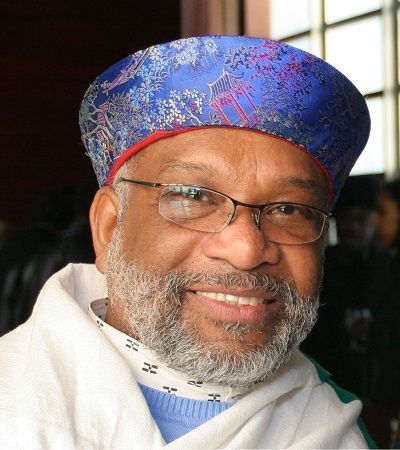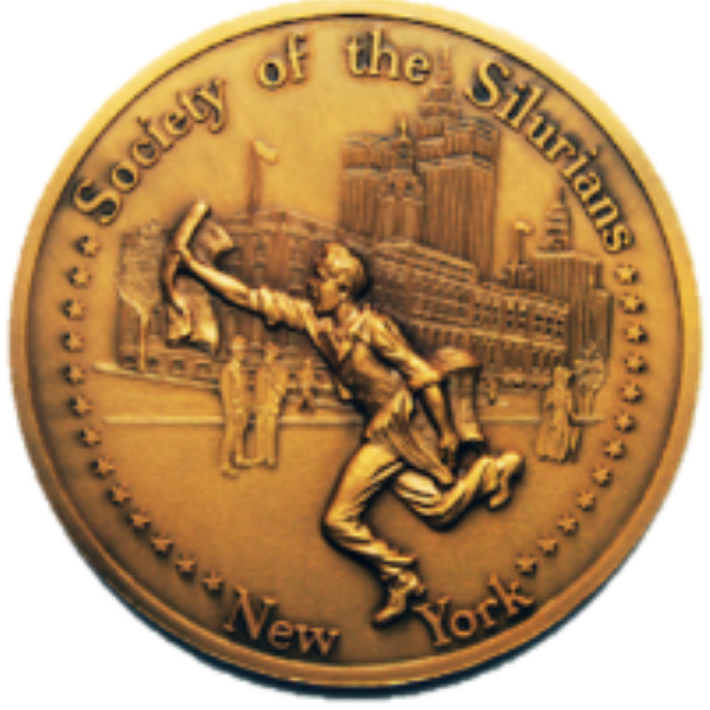
Chester Higgins
Chester Higgins, Lifetime Achievement Award Winner
By Aileen Jacobson
For the first time in two years Silurians got to see each other in person, and for the first time ever we honored a photojournalist with our Lifetime Achievement Award during the gala on March 24 at the National Arts Club.
Chester Higgins Jr. spent 39 of his 75 years as a staff photographer for the New York Times and also has published several books of photography, most recently Sacred Nile, a splendid volume. At the gala, he received numerous accolades, many pointing out that he transformed the way that people look at and think about Black people—and every other person.
“Chester has always been a man on a spiritual mission, striving to find the humanity, the dignity and the grace in everyone,” said Joseph Berger, who worked with him at the Times for many years and is now first vice-president of the Silurians.
“He changed the newspaper,” said Dean Baquet, executive editor of the Times, the first Black person in that job. Unlike some other journalists who think of themselves that way, Baquet said, Higgins “actually is an artist.” Baquet cited a joyous photo Higgins took of Amiri Baraka jitterbugging with Maya Angelou at an event honoring Langston Hughes at the New York Public Library’s Schomburg Center Schomburg Center for Research in Black Culture.
A short film about Higgins that was shown to the audience of 99—a near-capacity crowd given Covid restrictions—covered his background back to his start in Alabama included several of his iconic images. His great interest in Africa continues today.
Two people who claimed him as a mentor spoke, too. Sandra Stevenson, who joined the Times in 2005 and became a photo editor, said she felt pressure in the job, “but Chester was so gracious and so kind.” Michelle Agins, who has worked at the Times 33 years (and was only the second Black female photographer hired) said she was told early in her career that she was good “but you’ll be even better when you meet Chester Higgins.” Part of his advice to her, she said, was “Just be cool.”
As president Michael Serrill presented a plaque to Higgins, he said that “he made it his mission to infuse Black life into the world’s consciousness.”
When Higgins spoke, as dessert was being served, he credited a great-uncle with giving him “a sense of direction” when he was 19. He told the young Higgins, “Whatever you do, it has to matter. It’s important that you make a statement in life.” The Times, he added, “gave me a front-row seat to society.”


